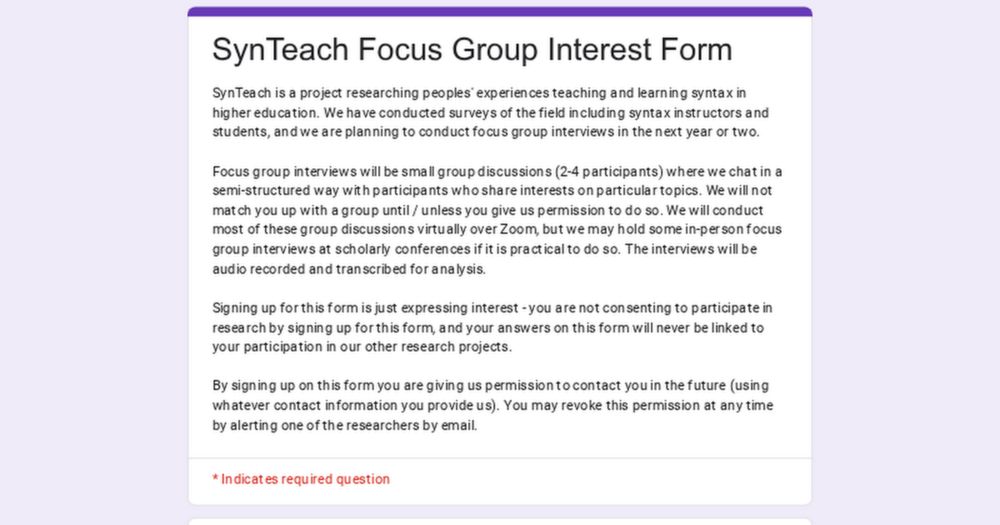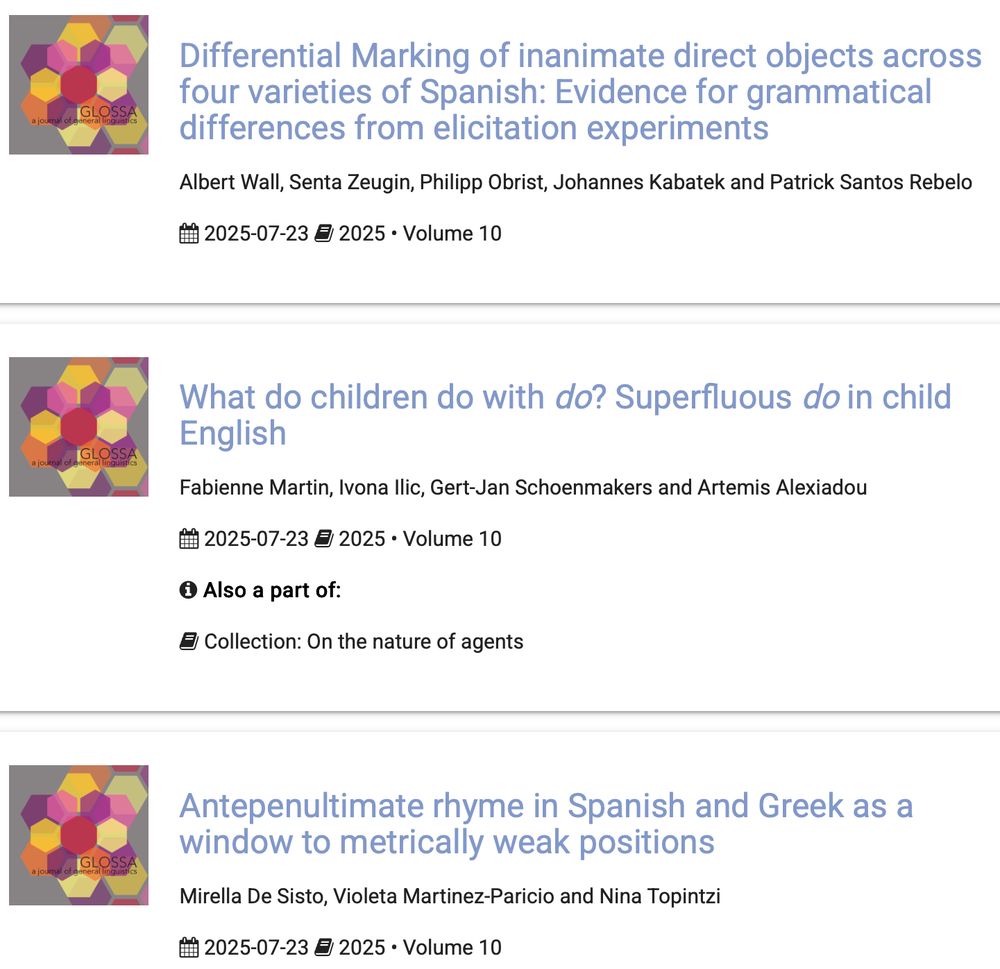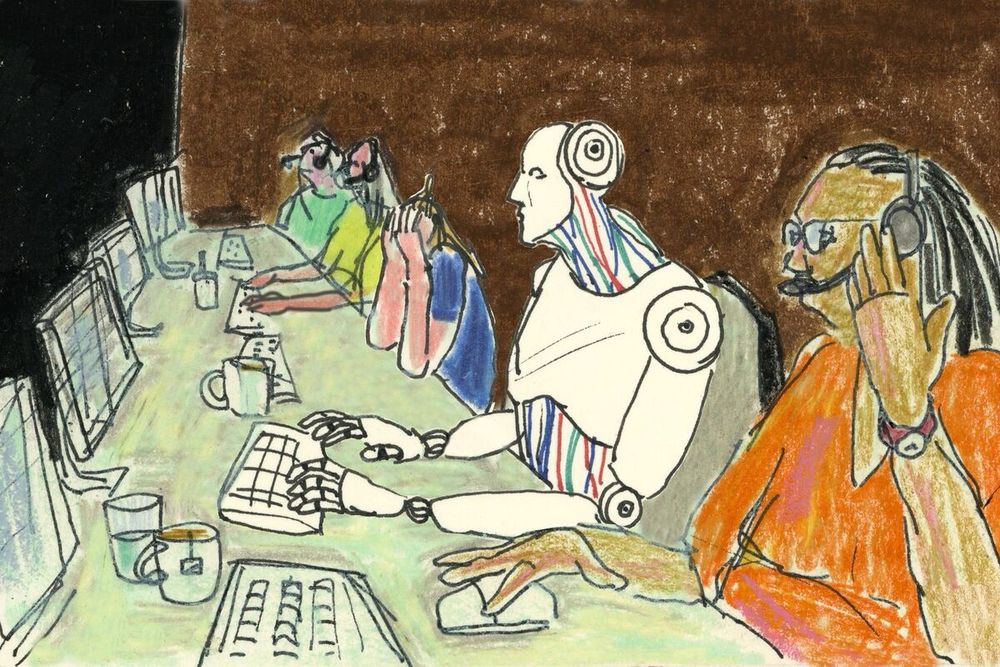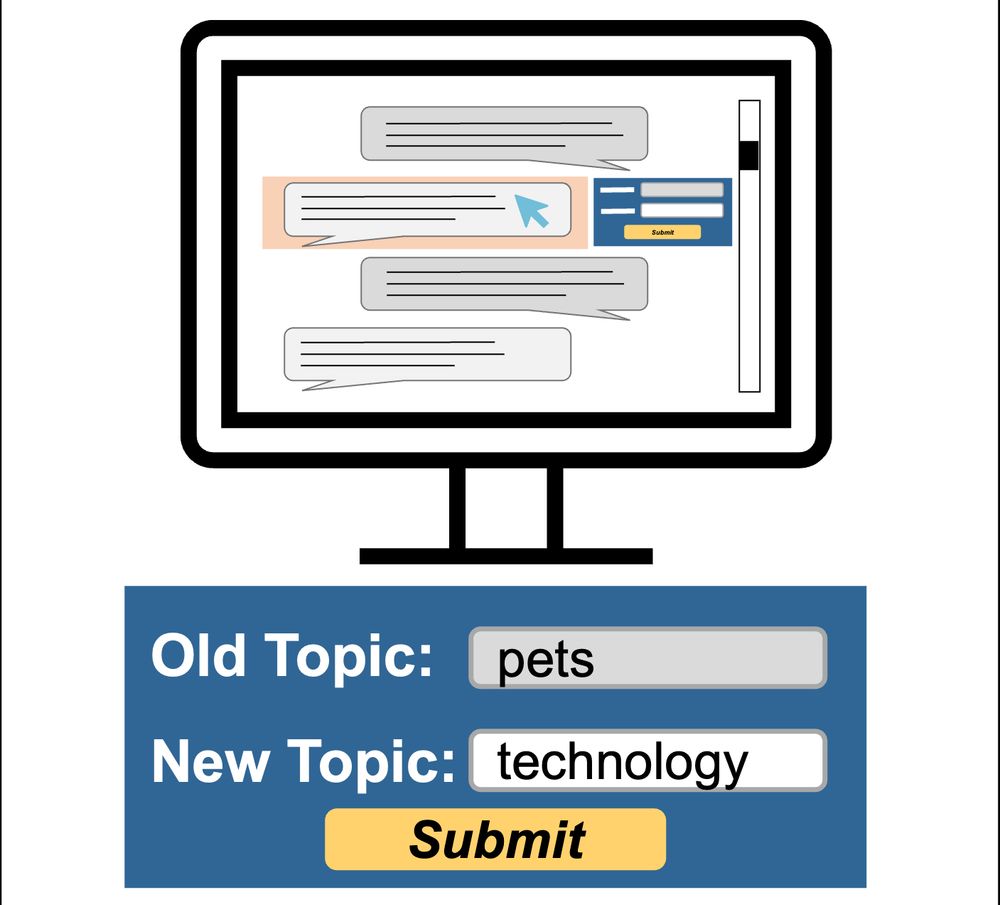

(1) Jane caused the glass to break.
vs.
(2) Jane broke the glass.
A surge of experimental philosophy research has led to some surprising discoveries about sentences like (2)
[Thread]

(1) Jane caused the glass to break.
vs.
(2) Jane broke the glass.
A surge of experimental philosophy research has led to some surprising discoveries about sentences like (2)
[Thread]
(The guy who made a calendar out of street signs). The linked video is also highly recommended: only 5 minutes but 150 slides

(The guy who made a calendar out of street signs). The linked video is also highly recommended: only 5 minutes but 150 slides

(Photo : Anton Corbijn, 1982)

(Photo : Anton Corbijn, 1982)


A graph of articles in the SEP (standord encyclopaedia of philosophy), showing connections; it can help explore the field.
www.visualizingsep.com#/domain/epis...
#Philosophy #philsky #SEP #graph #catalogue
A graph of articles in the SEP (standord encyclopaedia of philosophy), showing connections; it can help explore the field.
www.visualizingsep.com#/domain/epis...
#Philosophy #philsky #SEP #graph #catalogue
In this new paper below, we take a linguistic approach to answering this question. Lots of interesting data here!
A new paper explores the role that language plays in these links between agency and causation!
🔗👇

In this new paper below, we take a linguistic approach to answering this question. Lots of interesting data here!
You realize summer is half gone, & not only that: you see that the longest & least burdened days came early, & they are well past. You compare all you thought you’d do against the days remaining & grieve for what never will be
You realize summer is half gone, & not only that: you see that the longest & least burdened days came early, & they are well past. You compare all you thought you’d do against the days remaining & grieve for what never will be
Let me know what singing-in-conversation ideas you have! #singingInConversation
Let me know what singing-in-conversation ideas you have! #singingInConversation
You are interested in how humans think about any of: abilities, agents, animacy, aspects, attitudes, causation, degrees, dispositions, entities, events, facts, forces, goals, habits, identity, intentions, ... 🧵
You are interested in how humans think about any of: abilities, agents, animacy, aspects, attitudes, causation, degrees, dispositions, entities, events, facts, forces, goals, habits, identity, intentions, ... 🧵

arxiv.org/pdf/2412.12797
arxiv.org/pdf/2412.12797
probabilistic pragmatics + cognitive psychology + formal epistemology + experimental methods (with human participants)
Does this sound like you, or anyone you know? Send them our way!
tinyurl.com/3vd9wa6p
probabilistic pragmatics + cognitive psychology + formal epistemology + experimental methods (with human participants)
Does this sound like you, or anyone you know? Send them our way!
tinyurl.com/3vd9wa6p
Thread 👇

Thread 👇
Pre-print here: doi.org/10.31234/osf...
Thread below! (🧵1/9)
Pre-print here: doi.org/10.31234/osf...
Thread below! (🧵1/9)
escholarship.org/uc/item/1c59...

escholarship.org/uc/item/1c59...
www.superlinguo.com/post/7845555...
A blog post inspired by @dingemansemark.bsky.social
I really enjoyed this exercise, please share those papers which are close to your heart and you're always surprised they don't get much attention!

www.superlinguo.com/post/7845555...
A blog post inspired by @dingemansemark.bsky.social
I really enjoyed this exercise, please share those papers which are close to your heart and you're always surprised they don't get much attention!
- "English will become more standardized to whatever the standard of these language models is"
- "Perhaps some people will rebel, leaning into their own linguistic mannerisms in order to differentiate themselves"

- "English will become more standardized to whatever the standard of these language models is"
- "Perhaps some people will rebel, leaning into their own linguistic mannerisms in order to differentiate themselves"


